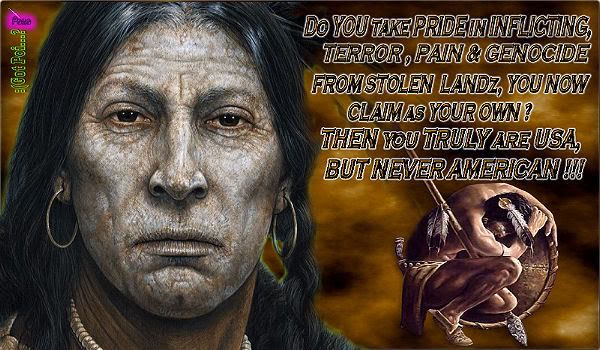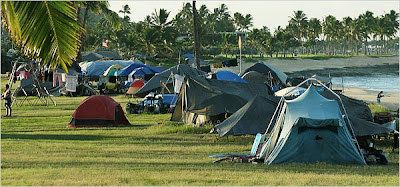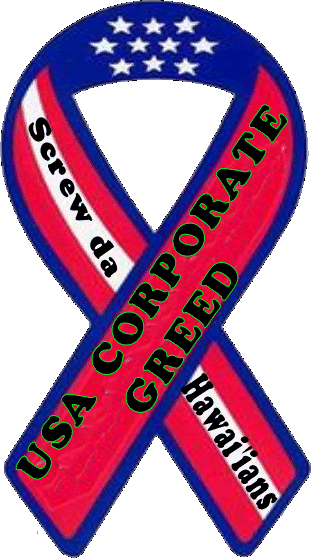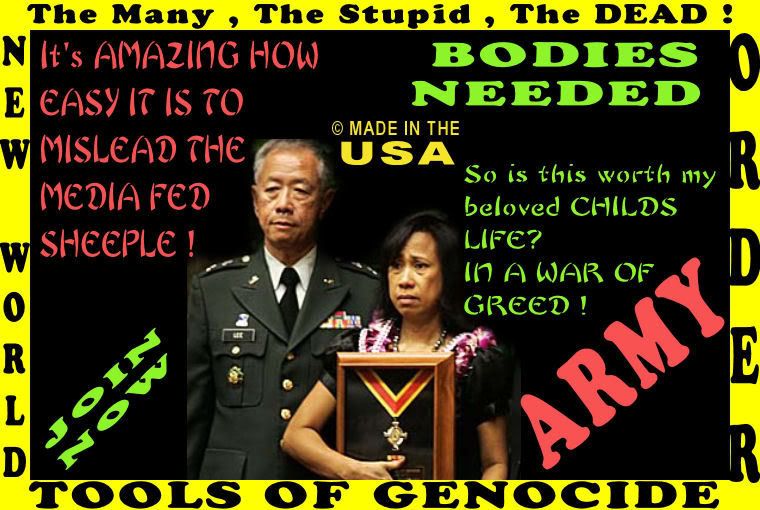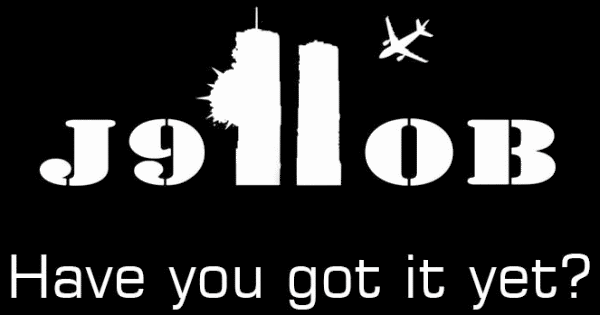U.S. President Cleveland states: United States actions on 16, January 1893 in the Kingdom of Hawaii is an Act of War. This is again reconfirmed by the United States Congress in March 1999, Joint Resolution Pub. 103-150, the Apology Bill whereby the United States acknowledges and admits its conspiracy and involvment in the invasion and takeover of the Kingdom of Hawaii.
The Hague Convention of 1907 clarified and supplemented these customary laws of war and occupation. A belligerent is an entity which acts in a hostile manner (to wage war). Military occupation occurs when the control and authority over a territory passes to a hostile army. The terrritory is occupied when placed under authority of a hostile army. - Art. 42, 1907 Hague Regulations (HR).
As we well know, the U.S. military landed its troops on the 16th of January 1893; protected the Committee of safety so it could make the proclamation of its Provisional Government; allowed the set up of its puppet provisional government and protected it for at least 75 days to insure the firm establishment of it which becomes the civilian arm of the military occupation. U.S. Rep. Springer was convinced that the Provisional government and its members would not have been able to last for more than a half hour without the protection of the U.S. troops.
The U.S. is the belligerent country and the Kingdom of Hawaii is a neurral country and non-belligerent. Where (U.S.) occupation of state territory meet with no armed resistence (Hawaii),occupation is also considered applicable. Sec. 199 - How the rights of the nation protected (Hawaii) is lost by its silence ...but...If the inferior nation proves that violence and fear prevented its giving testimonies of opposition, nothing can be concluded from its silence, which therefore gives no right to the usurper (U.S.). - Book I, Chapter 16, The Laws of Nations or the Principles of Natural Law (1758), Emmerich de Vattel.
Of course, by the fact that the Queen's Protest, Executive Agreements, etc. and later the Memorial and the Queens other prottest, and the Ku'e Petitions of Sept. 1897, TThe question of Silence becomes moot. Also regulated by U.N. Charter and law jus ad bellum; whether or not the occupation is considered lawful, the law of occupation is applied. Itt is solely tthe facts on the ground thatt determine its application.
Section 13 Whether a King (or Queen) as Head of State, being a prisoner of war, can make peace. ...It undoubtedly deprives him/she of the power of making peace. Only through de-occupation and restoring the monarch to its authority prior to the Belligerent occupation can the monarch make peace with the occupier.
Military Occupation and the laws of war.
Military occupation vs. Territorial acquisition by invasion and annexation.
- Customary laws of belligerent occupation evolved as part of the laws of war gave some protection to the population under military occupation of a belligerent power with its civilian arm to govern the occupied territory. To repeat, the Hague conventions of 1907 clarified and supplemented these customary laws.
Section III - (U.S.) Military authority over the territory of the hostile state (Hawaii)
Art. 42 - Territory is considered occupied when it is actually placed under the authority of the hostile army. The occupation extends only to the territory where such authority has been established and can be exercised. [like the armed-bunkers surrounding Iolani Palace to protect the Provisional Government members within the palace. It is under control of foreign troops without the consent of local authorities.]
Art. 43 - The authority of the legitimate power having in fact passed into the hands of the occupant, he shall take all the measures in his power to restore, and ensure, as far as possible, public order and safety, while respecting, unless absolutely prevented, the laws in force in the country [the Kingdom of Hawaii].
1949 - Laws further extended by adoption of the Fourth Geneva Convention (GCIV) which is relevant to protected persons in occupied territories and Section III: Occupied territories is a specific section covering the issue.
Art. 6 restricts the length of time that most of GCIV applies: The present Convention shall apply from the onset of any conflict or occupation mentioned in Article 2. - the application of the present Convention shall cease on the general close of military operations; the Occupying Power shall be bound, for the duration of the occupation, to the extent that such Power exercises the functions of government in such territory, by the provisions of the following Articles of the present Convention: 1 tto 12, 27, 29 to 34, 47, 49, 51, 52, 53, 59, 61 to 77, 143.
U.N. Charter (26 June 1945) had prohibited war of aggression (arts 1.1, 2.3, 2.4) and GCIV Article 47, the first paragraph in Section III: Occupied territories, restricted the territorial gains which could be made through war by stating:
Protected persons [Hawaiian subjects] who are in occupied territory shall not be deprived, in any case or in any manner whatsoever, of the benefits of the present Convention by any change introduced, as the result of the occupation of a territory, into the institutions or government of the said territory, nor by any agreement concluded between the authorities of the occupied territories and the Occupying Power, nor by any annexation by the latter of the whole or part of the occupied territory.
Article 49 prohibits the forced mass movement of people out or into occupied state's territory:
Individual or mass forcible transfers, as well as, deportations of protected persons from occupied territory to the territory of the Occupying Power or to that of any other country, occupied or not, are prohibited, regardless of their motive. ...The Occupying Power shall not deport or transfer parts of its own civilian population into the territory it occupies.
Protocol I (1977) : Protocol Additional to the Geneva Conventions of 12 Auggust 1949, and relating to the Protection of Victims of International Armed Conflicts "has additional articles which cover military occupation but many countries including the U.S. are not signatory to this addittional protocol."
*In the situation of a territorial cession as the result of war, the specification of a "receiving country" in the peace treaty merely means that the country in question is authorized by the international community to establish civil goernment in the territory. The military government of principal occupying power will continue past the point in time when the peace treaty comes into force, until it is legally supplanted; which is the rule, as stated in "Military Goverrnment and Martial Law", by William E. Birkhimer, 3rd edition, 1914.
- Most military occupations end with the cessation of hostilities.
-In most wars, some territory is placed under the authority of the hostile party.
- Some cases, the occupied territory is returned; in others, the land remains under control of the occupying power but usually not as military occupied territory.
- Sometimes the status of presences is disputed by a party tto the situation.
Referencing the International Committee of the Red Cross (ICRC) Resource Center:
Population of occupied territory are protected by international humanitarian law (GCIV, art. 47) and protected persons themselves can in no circumstances renounce their rights (GCIV, art. 8).
Main rules:
- The occupant does not acquire sovereignty over the territory. [The U.S. violated this rule.]
- Occupation is only a temporary situation, and the rights of the occupant limited to the extent of that period. [The U.S. is still violating this rule.]
- The occupying power must respect the laws in force in the occupied territory, unless they constitute a threat to its security or an obstacle to the application of the international law of occupation. [The U.S. violated this rule.]
- Occupyinng power must take measures to restore and ensure, as far as possible, public order and safety.
- ...must ensure sufficient hygiene and public health standards, as well as the provision of food and medical care to the population under occupation.
- The population in occupied territory cannot be forced to enlist in the occupier's armed forces. [This the U.S. violated by applying the military draft - lottery system in Hawaii.]
- Collective or indiviual forcible transfers of population from and within the occupied territory are forbidden and prohibited. [This the U.S. is continuously violating].
- Transfers of the civilian population of the occupying power into the occupied territory, regardless whether forcible or voluntary are prohibited. [The U.S. is continuously violating this rule.]
- Collective punishment is prohibited. [The U.S. is violating this rule.]
- Taking of hostages is prohibited. [The U.S. is violating this rule through unlawful imprisonment, etc.]
- Reprisals against protected persons or their property are prohibited. [The U.S. is continuously violating this rule.]
- Confiscation of privvate property by the occupant is prohibited. [The U.S. is continuously violating this rule].
- The destruction or seizure of "enemy" property is prohibited, unless absolutely required by military necessity during the conduct of hostilities. [The U.S. is continuously violating this rule.]
- Cultural property must be respected. [The U.S. is continuouslky violating this rule.]
- People accused of criminal offenses shall be provided with proceedings respecting internationally recognized judicial guarantees (for example, they must be informed of the reason for their arrest, charged with a specific offense and given a fair trial as quickly as possible.
- Personnel of the International Red Cross/ Red Crescent Movement mustt be allowed to carry out their humanitarian activities. The ICRC, in particular, must be given access to all protected persons, wherever they are, whether or not they are deprived of their liberty.
- Private Property cannot be confiscated by the occupier. (GCIV, art. 55)
- The occupying power may seize any moveable property, belonging to the state, which may be used for milittary operations. (HR, art. 53)
- The occupant doesn't acquire ownership of immoveable public property in the occupied territory, since it is only a temporary administrator. Subject to restrictions regarding their exploitation and use, it can nevertheless make use of public property, including natural resources, but it must safeguard their capital value, in accordance with the law of usufruct. HR, art. 55)
[Usufruct: the right of enjoying the use and advantages of another's property short of the destruction or waste of its substance.]
Note: A transfer of authority to a local government re-establishing the full and free exercise of sovereignty will normally end the state of occupation; but not a civilian arm of the military or occupier.
* The aim of the law of occupation was to prevent the occupying power from modelling tthe government structure of that territory according to its own needs disregarding the cultural, religious or ethnic background of the society of the occupied territory. An occupying power cannot, by its very nature, be considered a neutral entity acting only in the interest of the occupied territory and its society.
- The law of occupation continues to apply after the general close of military operations to the extent that an occupying power continues to exercise the functions of government in a territory.
- There was no treaty ending the occupation.
- If occupying powers operate indirectly through an existing or newly appointed indigenous government, [as in the Provisional Government of 1893, the Republic of Hawaii, the U.S. Territory of Hawaii, The State of Hawaii, and the Akaka Bill] , the law of occupation is likely to continue to apply. It cannot discard its obligations by installing a puppet government or by pressuring an existing one to act on its behalf. ---the occupying power maintains de facto, albeit indirectly, full control over the territory. - (Art. 47 of the Fourth Geneva Convention)....impairing the protected peoples' protection and rights.
- One way for government to have legitimacy is for it to be elected by the local population [which would be the bona fide descendants of the subjects of the Kingdom of Hawaii, who are the protected persons] in an exercise of their rights to self-determination.
- occupation should be temporary; [reality of long-termed occupation is an issue that needs to be considered along with all the violations of the law of occupation committed by the occupying power.]
There was no peace treaty; a continuous violation of the rules of occupation, no de-occupation process; there was the Ku'e Petitions of 1897 of protests against U.S. occupation and annexation; no treaty of annexation; thus, the Kingdom of Hawaii still exists albeit under U.S. belligerent occupation.
Tane


